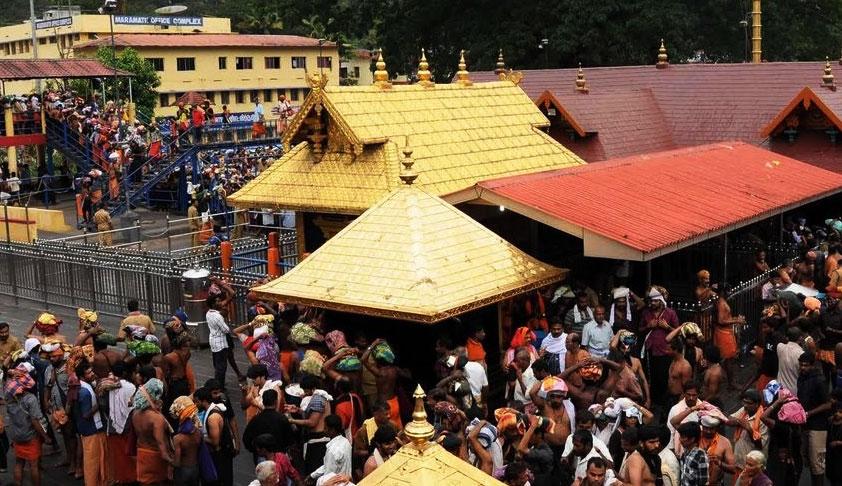National Ayyappa Devotees (Women’s) Association Files Review Petition Against Sabarimala Judgment
Apoorva Mandhani
8 Oct 2018 12:32 PM IST

Next Story
8 Oct 2018 12:32 PM IST
The National Ayyappa Devotees (Women’s) Association has filed a review petition before the Supreme Court challenging its judgment passed last month wherein it had held by a 4:1 majority that the Sabarimala Temple’s practice of barring entry to women between the ages of ten and fifty was unconstitutional.The petitioners now claim that the impugned judgment has sent “shock waves...
